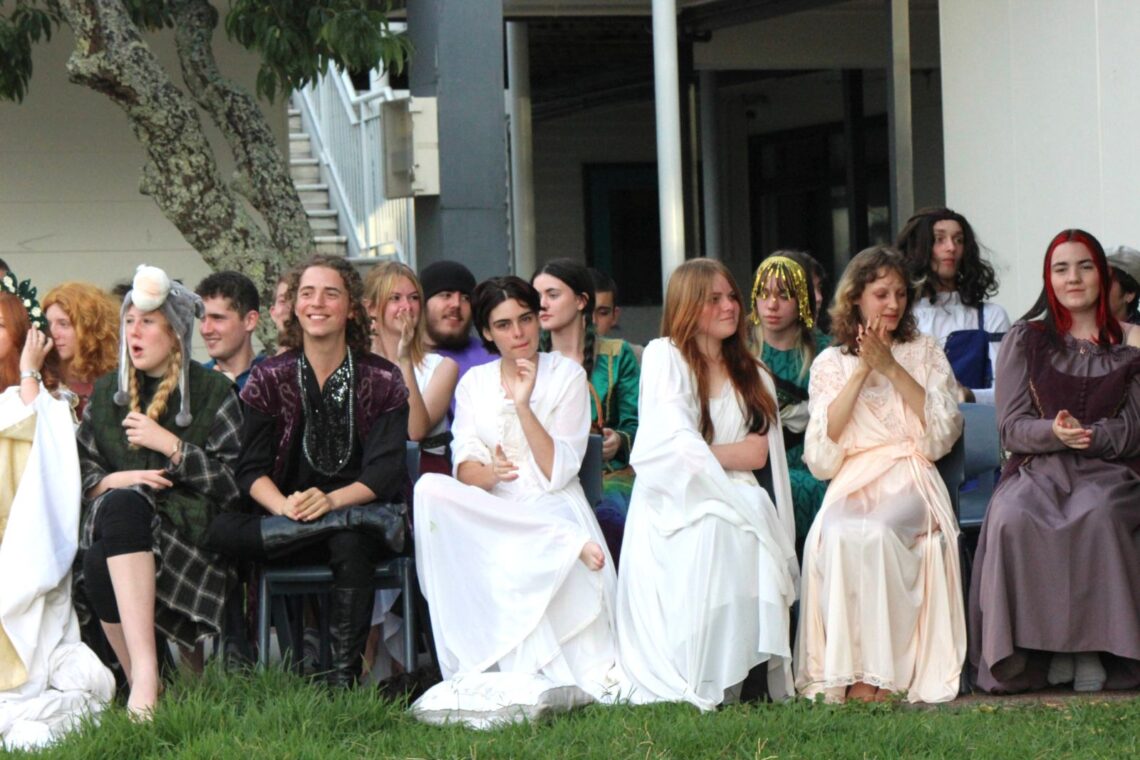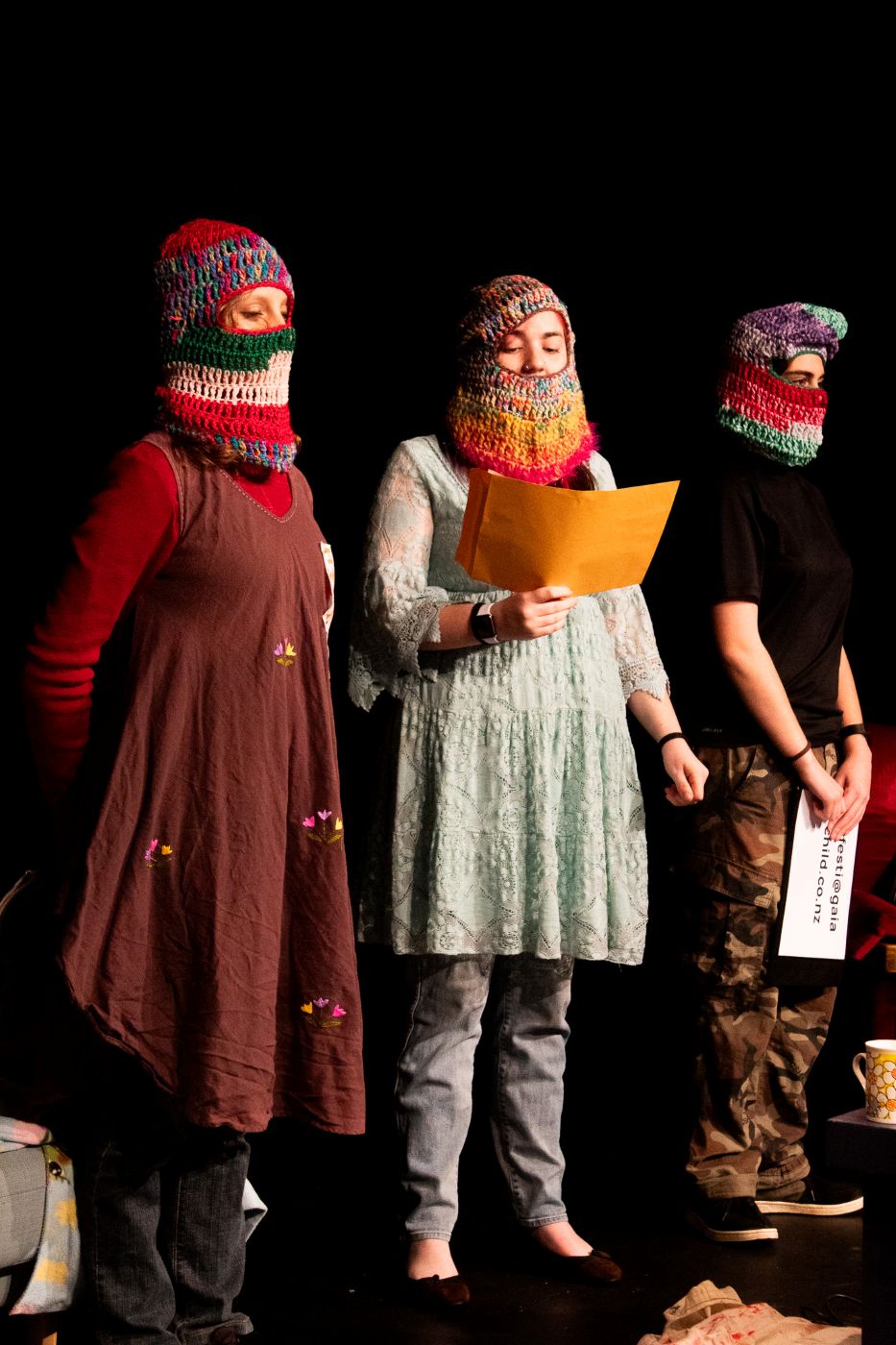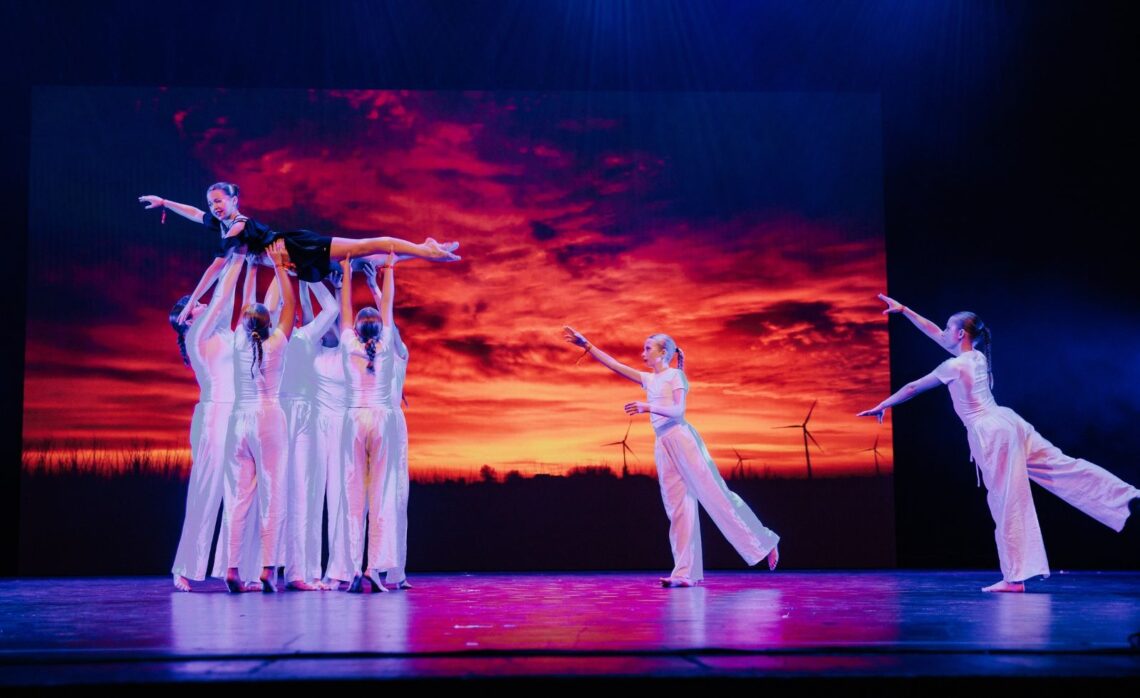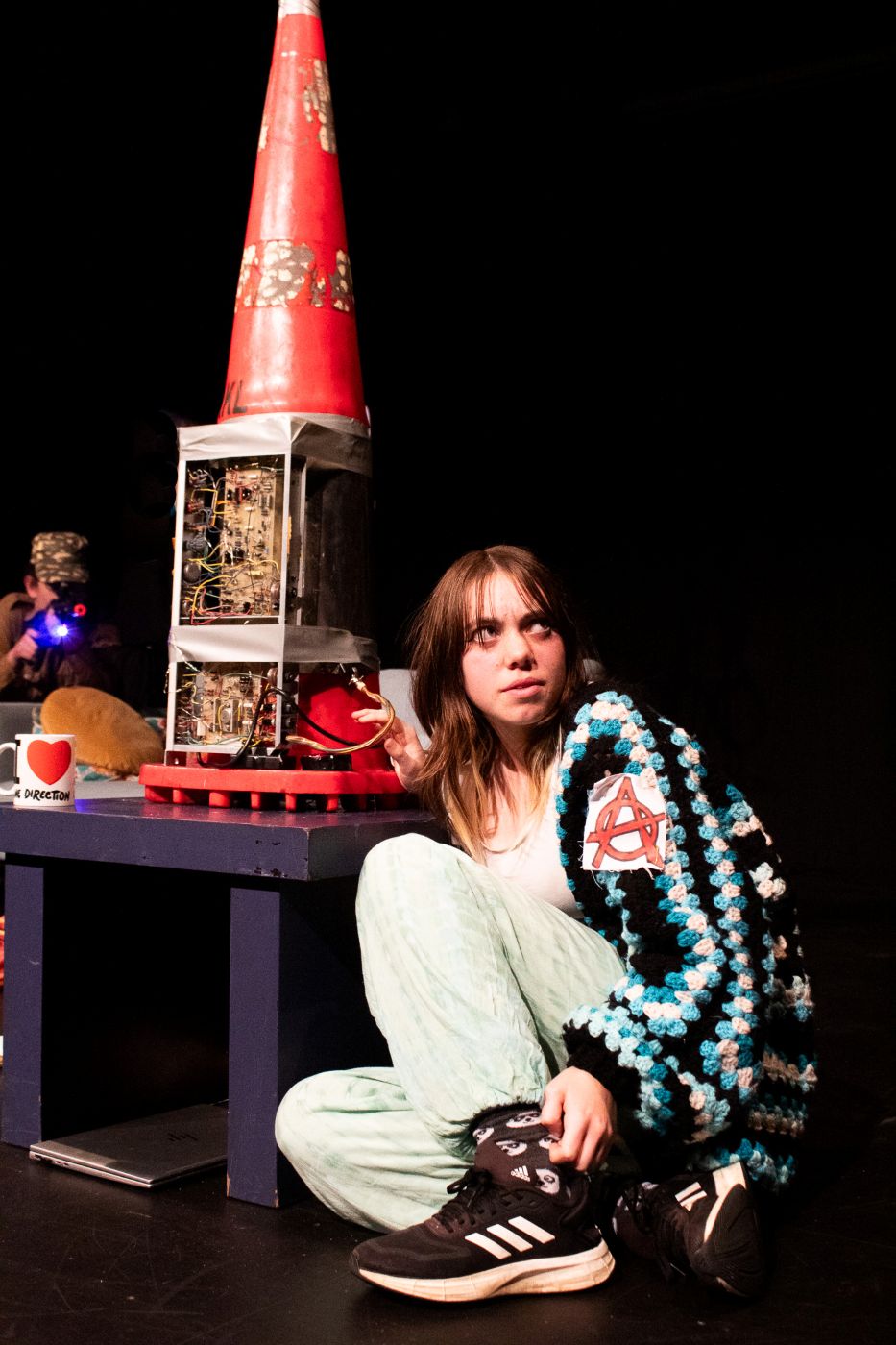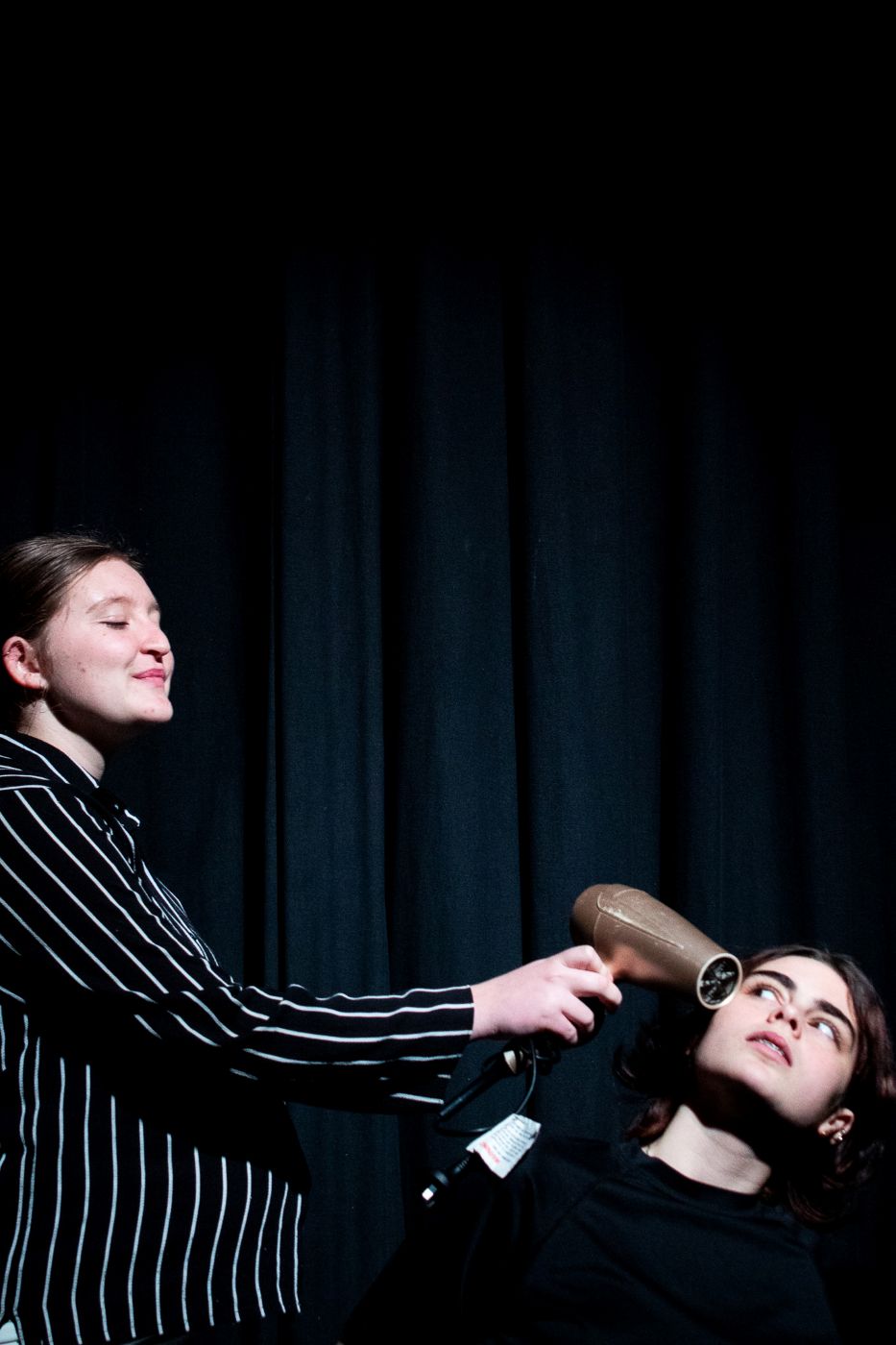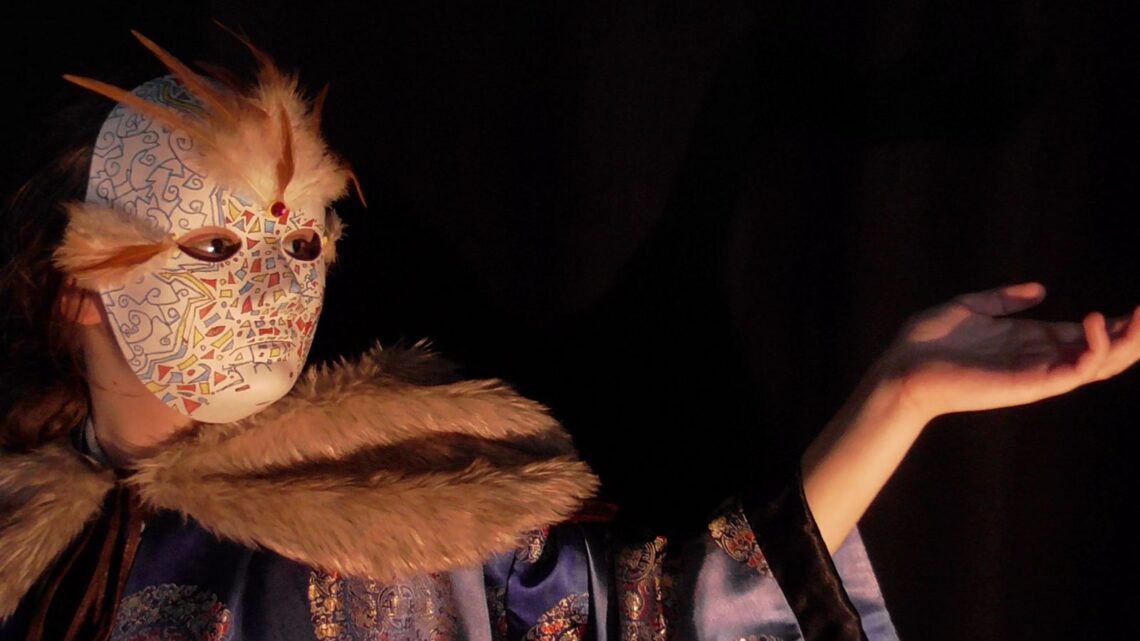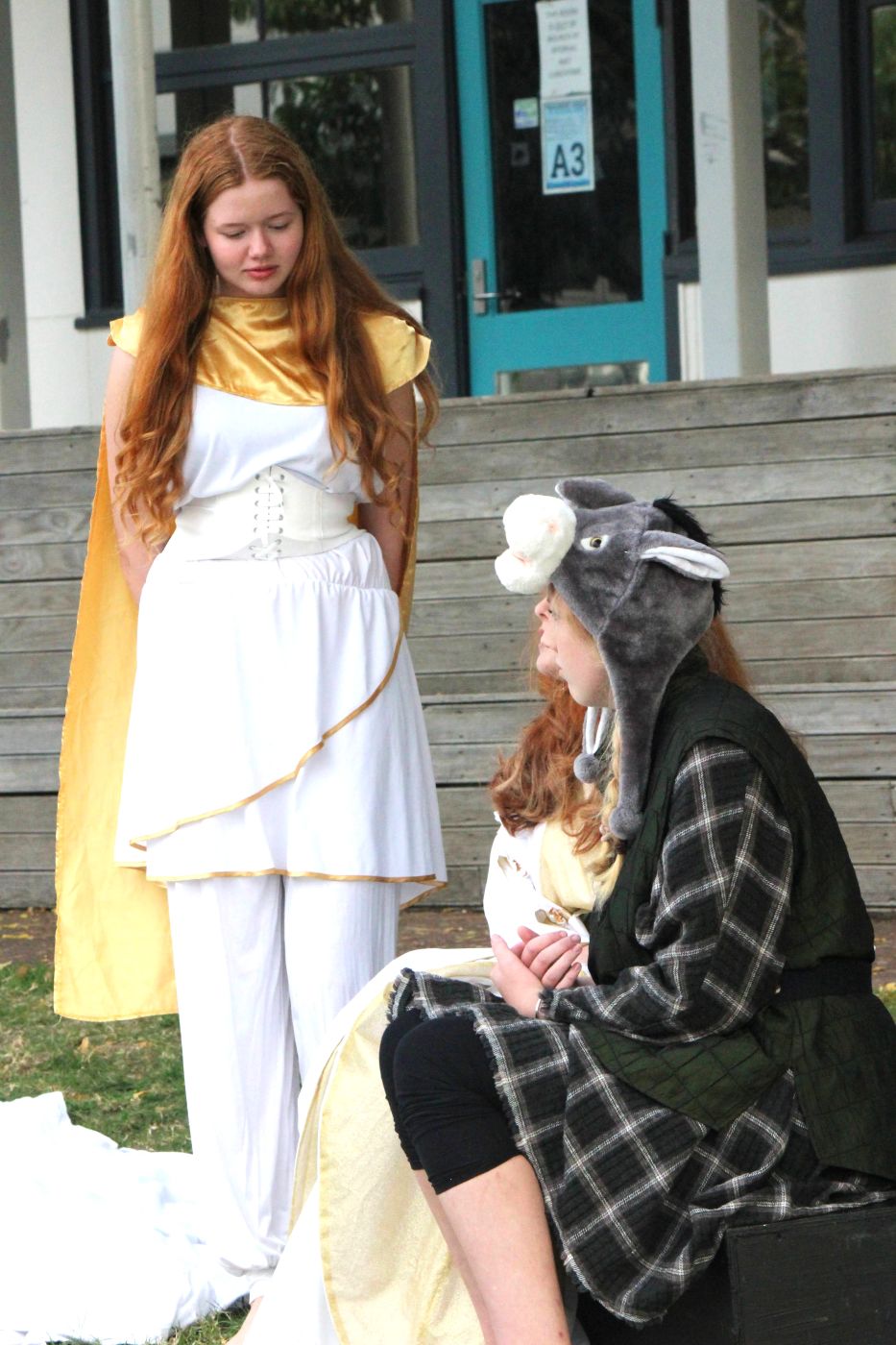Drama
Drama exists as a powerful medium to foster hauora – nurturing and maintaining both individual and community wellbeing in its ability to empower and inspire others.
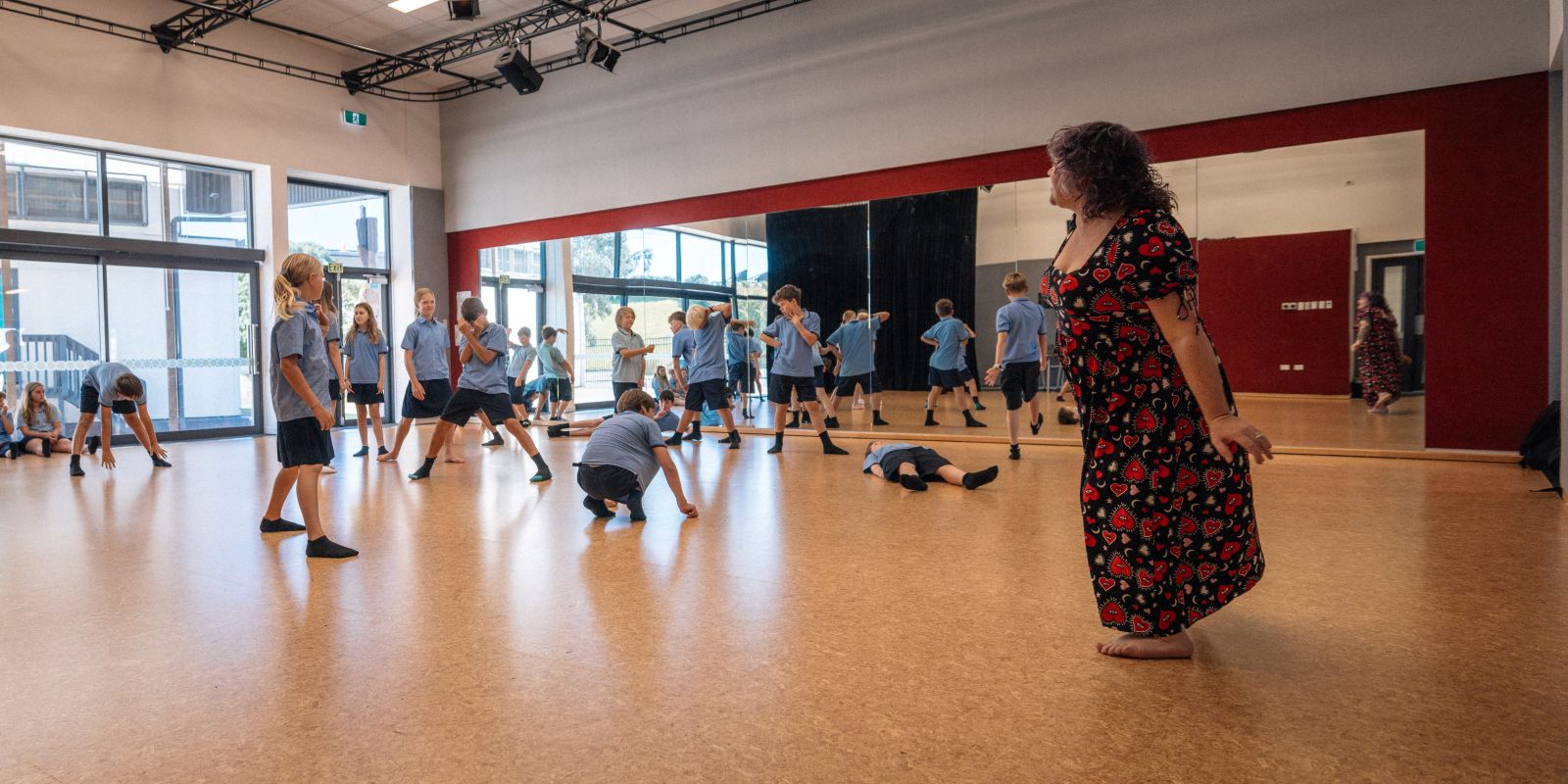
Drama is for everyone. We all have kōrero, pūrākau, and stories to share. Drama helps us to understand diverse cultural perspectives and worldviews and connect with our community. It allows us to recognise the uniqueness of our place in the Pacific, the identity of Aotearoa New Zealand, and the rich cultural histories and traditions from all over the world that are expressed through performance.
Ākonga will understand that the function of drama is to heal, educate, entertain, or transform society. They discover how theatre can either challenge the status quo or reinforce it, gaining an awareness of how impactful the medium can be. Drama provides opportunities for ākonga to express their identities and heritages, and explore the heritages of others, creating empathy and understanding for the experiences and whakapapa of people from diverse backgrounds.
Through the relationships creators and performers make with audiences, Drama exists as a powerful medium to foster hauora – nurturing and maintaining both individual and community wellbeing in its ability to empower and inspire others. Ākonga engage with the ways in which Drama can uplift and sustain the mana of communities, groups, and individuals.
Ākonga explore and manipulate ideas and take creative risks. They share, rework, construct, and deconstruct work that is dynamic and evolving. The progression of ākonga in Drama is demonstrated through their increasing sophistication in storytelling, independence, and communicating their creative vision, as well as increasing comprehension and deeper understanding of the creative vision of others.
Senior Drama aims to develop the following:
- Resilience to challenge: Students are challenged within the context of Drama. This happens through the ideas they are presented with, productions that they attend and respond to, and through the creation of performance pieces.
- Confidence: Through working with others, performing in groups or individually, students will develop confidence. Confidence in performance, but more importantly in sharing their ideas and speaking their mind.
- Collaboration: Students develop their emotional intelligence, self-awareness and teamwork skills, to help them be more collaborative learners.
- Critical thinking: Deep thinking and problem-solving skills are embedded in Drama, as students are confronted with new ideas and situations, having to reinterpret them into something new and then reflect on the process.
- Creativity: Drama teaches students creative processes, or ways to focus their ideas into work that is compelling, thought-provoking and entertaining.
Drama / Dance / Movement and Music Appreciation are the key areas of study in Junior Performing Arts
The program aims to develop and strengthen students skills of :
- Connection
- Communication
- Confidence
- Listening Skills
- Social Skills – re collaboration/ give and take of ideas through practical and physical activities, consistent classroom routines, group work and fun!

